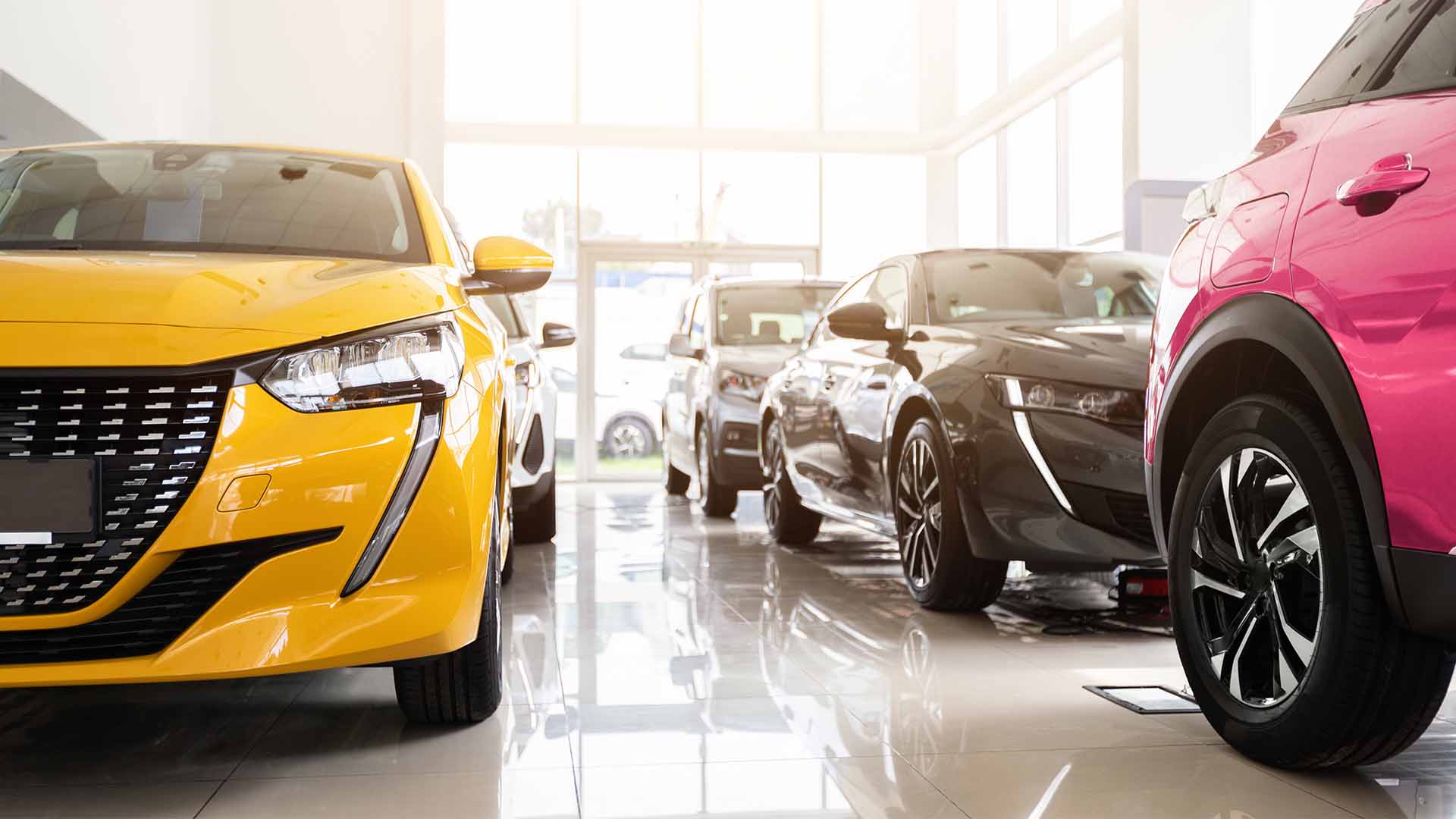
Representative Example: You could borrow £10,699 over 60 months with an initial payment of £495.89 (including £199 Admin Fee) followed by 58 monthly payments of £296.89 with a final payment of £495.89 (including optional £199 Option to Purchase Fee). Total amount repayable will be £19,012,40. 26.1% APR, annual interest rate (fixed) 13.3%.
The Admin Fee is a £199 fee that helps cover the costs of setting up your finance agreement. It covers things like preparing your agreement documents, carrying out credit and identity checks, and arranging payment to the broker. This fee is paid at the same time as your first payment, and it isn't refundable. It's separate from your deposit and from any other charges on your agreement.
The Optional Purchase Fee is a £199 fee you only pay if you decide to buy the car at the end of your finance agreement. You don't have to buy the car, that's entirely your choice. If you choose to hand the car back instead, you won't pay this fee. If you decide to keep the car, you'll need to pay the £199 Optional Purchase Fee, usually along with your final payment, to transfer legal ownership of the vehicle to you. This fee covers the cost of finalising your agreement and removing our interest in the vehicle. It's separate from your deposit and from any other charges on your agreement.
The amount shown is an illustration of a typical monthly payment based on the Representative APR. These figures are for guidance only; the actual payments and rate you're offered will depend on your individual circumstances and are not guaranteed. Please see below for details of how your first and final payments may be different.
First time financing a car? Here’s everything you need to know
If it’s your first time financing a car, it can feel a bit overwhelming, but it doesn’t need to be. Car finance allows you to spread the cost of a car over time with monthly payments, rather than paying for it all upfront. This guide will walk you through how car finance works, what to expect, and how to get started with confidence.
Car finance is a way to borrow money so you can buy a car without paying the full price upfront. Instead, you make fixed monthly payments under a loan agreement. Once the payments are complete, you may own the car or return it, depending on the type of finance you choose.
Two of the most common options are:
If you’re unsure which option is best, you can read our guide on HP versus PCP car finance.
If this is your first time financing a car, it’s important to understand the different ways you can get a car and spread the cost. Some options let you hire the vehicle over a fixed term with the choice to buy it at the end, while others involve borrowing money upfront or saving to buy the car outright. Each option works differently, so it’s worth exploring what suits your budget and your plans for the car.
Each option has pros and cons. Think about what works best for your personal circumstances, how long you want to keep the car, and whether you’d prefer to own the vehicle or have the option to change it later on.
To apply for car finance, you’ll need to provide some personal and financial information to help the lender decide if you can afford the repayments. Here’s what you’ll typically need:
Make sure all the information is accurate and up to date. Mistakes or missing details can slow down your application or lead to your finance application being declined.
Your credit score plays a big part in whether you’ll be accepted for car finance. Lenders use it to see how well you’ve managed credit in the past. A higher score often means better finance offers with lower interest rates.
Even if you have a low score, or no credit history at all, there are lenders who specialise in car finance with bad credit. If you’ve been turned down before, don’t panic, you can read our guide on what to do if you’ve been refused car finance.
Credit scores vary by agency, but generally the higher the score, the better your chances of getting approved. For example, Experian rates 881+ as good, Equifax 531+ as good, and TransUnion 604+ as good.
If your application is approved, the lender will contact you to confirm the next steps. You may be asked to upload documents or agree to a credit check if you haven’t already.
Before signing anything, carefully review your finance terms. Look for things like:
Once everything is confirmed, the lender will pay the dealer directly, and you can collect your new car. Make sure you get a copy of your agreement and keep it somewhere safe.
If you’ve been declined, don’t give up. It doesn’t always mean you can’t get finance, it may just mean now isn’t the right time, or that your application needs adjusting.
Here’s what you can do:
At AutoMoney Motor Finance, we welcome first-time applicants and those who’ve been declined elsewhere. We take your full financial circumstances into account and may still be able to help you get into your new car.

